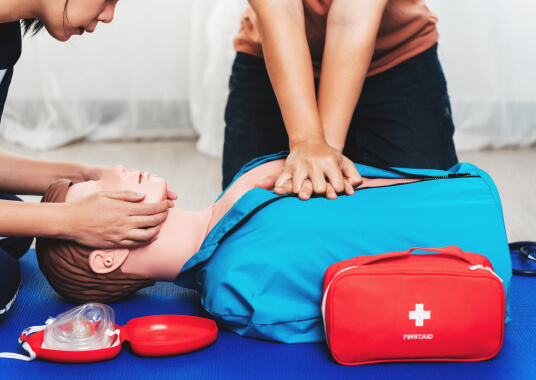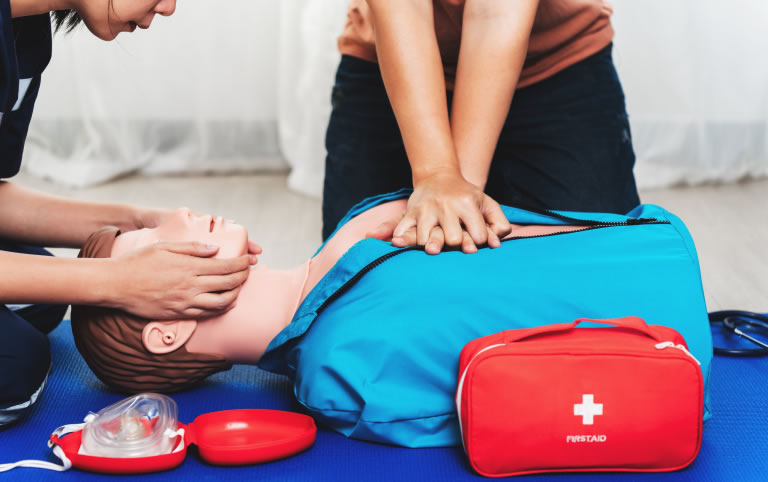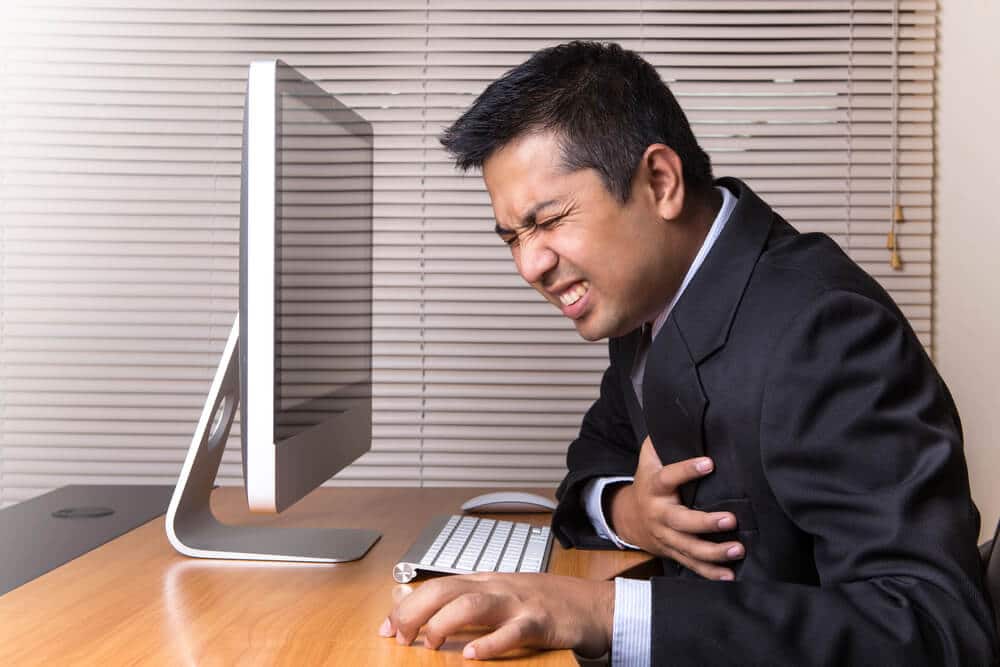Menu
Menu
CPR, First Aid, BLS, ACLS, PALS certifications.


First Aid is the primary medical care given to an ill or injured person until the paramedics arrive and take charge. The First Aid course we provide is easy to follow with video instructions. Join now for earning CE credit hours and a printable wallet card after passing the test.

$14.95 $24.90
| Chapters | CE Credits | Validity | Cost | Duration | ECC | Exam Attempts | Wallet Card |
|---|---|---|---|---|---|---|---|
| 13 | 2.0 | 2 Years | $14.95 | 1-2 Hrs | Compliant | Unlimited | Download/Print/Mail |
The relationship between the brain and its central nervous system is very interrelated with the functioning of each and every other part of the body. The nervous system controls: the five senses (sight, smell, taste, hearing, touch), the ability to think and reason, voluntary and involuntary functions, and regulates blood flow and blood pressure.
For this reason, head and spinal injuries may have a very significant effect on another part of the body. Prompt and timely First Aid given to nervous system emergencies is very crucial.
There are many different causes, mild or severe, that can lead to a nervous system emergency. Some of these conditions and injuries include:
A heart attack develops when blood flow is blocked and a segment of your heart muscle / tissue dies or is damaged.
Most commonly you can tell if someone is having a heart attack if they complain of chest pain. They may also experience uncomfortable pressure, nausea, shortness of breath, and/or discomfort in the arms, back, neck, jaw and abdomen.

A seizure is a sudden attack, which involves abnormal electrical activity in the brain. A person may experience mild shakes or more severe convulsions (rapid and uncontrollable shaking). Most seizures will stop within a few minutes of onset.
Seizures can be caused by head injuries, poisons, missed medications, low blood sugar or a medical condition called epilepsy.
A stroke usually occurs very suddenly when there is a problem with the blood supply to the brain. The supply gets blocked or a blood vessel within the brain ruptures.
Some specific signs and symptoms include: sudden and severe headache, dizziness, loss of consciousness or balance, slurred speech, drooling, inability to understand words, weakness, and/or paralysis on one side of the body.
The spinal cord primarily transmits signals between the brain and the rest of the body, and controls reflexes. Injuries to the spine can cause a person to lose the ability to move parts of the body.
A person may have a spinal or head injury if he/she was struck in the head/spine, fell, was assaulted, experienced a sports injury, or was in a car / motor vehicle accident (without a helmet).
The person may suddenly get sleepy, experience nausea, vomit, get a headache, have trouble walking and talking or not respond all together.